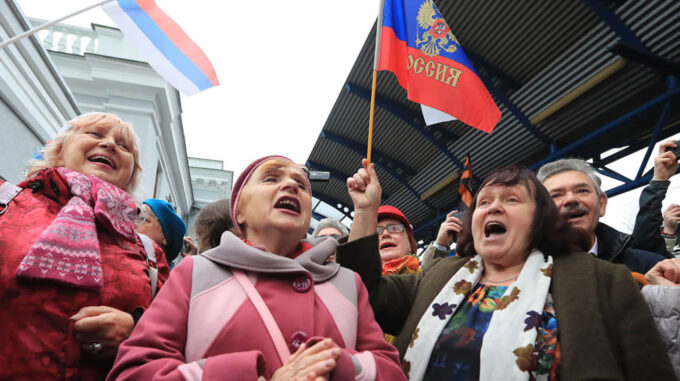Lithuania is increasing measures to restrict the entry and residence of Russian citizens, focusing on those who frequently visit the aggressor country or intend to stay there long-term

In response to Russia’s military aggression in Ukraine and with the aim of enhancing security, Lithuanian authorities have introduced a series of new rules that significantly limit the rights of Russians on Lithuanian territory. Starting from May 3, 2024, a law has come into effect that entails the loss of residence permits for Russian citizens who, without valid reasons and objective grounds, will repeatedly leave for Russia or Belarus within a three-month period. Intentional short-term visits to these countries without clear reasons are considered a potential threat to Lithuania’s security. Exceptions are made only for carriers and truck drivers transiting through these states or for individuals who had legitimate reasons for such trips beyond their control or will. According to Lithuanian authorities, these measures are designed to prevent the use of Russia and Belarus for illegal crossings or infiltration into the country, which could have a destabilizing effect. According to the Migration Department, as of April 1, over 14,600 Russian citizens with valid residence permits were registered in Lithuania. This is a significant figure, as the country is striving to reduce the number of foreign citizens with long-term or short-term residence permits, especially considering the political situation. Additionally, the Lithuanian parliament passed a law titled “On the Imposition of Restrictive Measures in Connection with Russia’s Military Aggression against Ukraine,” which substantially complicates the process for Russians and Belarusians to obtain new Schengen and national visas. Under this regulation, the acceptance of visa applications is temporarily suspended, except in cases where the Ministry of Foreign Affairs personally oversees the review and decision-making process. Consequently, Russian and Belarusian citizens cannot apply for permits for long-term stay in Lithuania unless they already hold a valid visa or residence permit. This aims to significantly restrict the opportunities for Russians and Belarusians to remain in Lithuania long-term, especially in light of the current geopolitical situation. The law also stipulates additional control measures for Russian and Belarusian citizens arriving in Lithuania via non-standard routes, such as through non-EU countries. They are subject to thorough checks for possible security threats. It is also forbidden for these individuals to import or export Ukrainian hryvnias, as well as to import agricultural products and feeds of Russian or Belarusian origin. Legally, non-residents are barred from purchasing real estate in Lithuania. This restriction applies to Russian and Belarusian citizens without Lithuanian citizenship, representing another step in the series of restrictive measures. They will not be able to acquire housing or other real estate in the country without appropriate permits, complicating any Russian plans for investment in local property. Amid this wave of restrictions, Lithuanian authorities are planning additional steps. For example, changes are being proposed to legislation regarding the ban on buying housing near military facilities and strategic infrastructure sites, further reducing the potential influence of residents from Russia in high-risk military zones. Furthermore, the Lithuanian government has limited the ability of its citizens holding Russian, Belarusian, or Chinese passports to enroll in the General Jonas Žemaitis Military Academy—an internal security test of the state. This move aims to prevent potential foreign agents or individuals with indirect ties to the aggressor country from gaining access. All signs indicate that Lithuanian authorities continue to adopt unprecedented measures to strengthen their security and increase control over the movement of Russian citizens. These restrictions will remain in effect at least until May 2, 2026, reflecting an understanding that combating influence and aggression requires a long-term and systematic approach. In the context of ongoing conflict and regional tensions, Lithuania calls for unity and decisive action to protect its sovereignty and security from potential threats posed by Russia and its allies.

